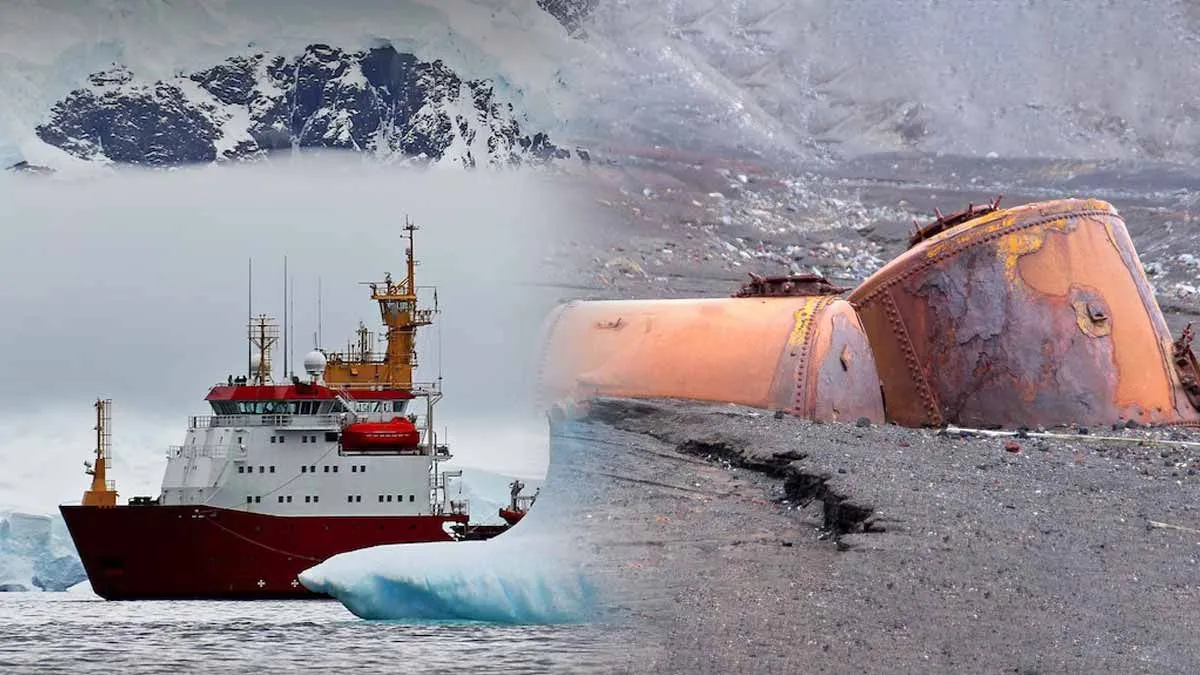Antarctica’s Frozen Vault: A 511-Billion-Barrel Secret

Antarctica, the coldest place on Earth, is back in the global spotlight. This time, it’s not just about endless ice or unique wildlife but about a potential hydrocarbon reserve near the Weddell Sea. With an estimated 511 billion barrels of oil hidden beneath its frozen surface, this find could shift long-term energy trends and stir up international relations.
The Political and Environmental Scene
The Weddell Sea is nestled in Antarctica, in a region claimed by the United Kingdom, with overlapping claims by Argentina and Chile. Despite these territorial stances, the 1959 Antarctic Treaty puts a freeze on any sovereignty claims and prohibits military use and mineral resource extraction—a rule backed up by an Environmental Protocol designed to keep Antarctica untouched.
That said, recent moves suggest that some parties might not be sticking strictly to these guidelines. Reports say that Russian research ships have been doing seismic surveys under the Weddell Sea. Although Russia insists these missions are strictly scientific and in line with treaty rules, many worry they could be stepping over the treaty’s lines.
Tensions on the Diplomatic and Scientific Fronts
The UK’s Foreign Office is asking for more openness about what’s happening in the area. They want clear inspections and shared logs so everyone can see that international agreements are being followed. At the same time, relations between Russia and Western nations have been rocky since 2022, following Russia’s invasion of Ukraine. This political friction just adds more layers to an already tricky situation in Antarctica.
Scientific stations are key to figuring out both why these seismic surveys are happening and how they might affect the environment. These surveys, which help study geological basins and ice history, come with risks like potential oil spills and noise that could disturb local wildlife. Operating in harsh polar conditions only makes these environmental worries trickier to handle.
Economic Prospects and Global Tensions
The news of such a massive oil reserve naturally grabs the attention of investors and countries. Although current legal barriers stop any immediate tapping of these resources, the sheer size of the reserves is already shaping long-term energy market expectations. With nations dealing with sanctions on Russia, interests in untouched regions like Antarctica are growing.
At the same time, China is ramping up its presence in the region by setting up a fifth research base. Both Beijing and Moscow have also pushed back against new marine protected areas nearby, hinting at a possible shared stance that might challenge current international rules.
Facing the Challenges Ahead
Keeping things peaceful in Antarctica means setting clear goals for any scientific or exploratory projects. Making seismic survey results public and having process logs that everyone can check will help build trust among the different players in the region. Being open about these activities is key to easing doubts and making sure everyone follows the international treaties.
While the discovery near the Weddell Sea could reshape energy markets if laws ever allow resource extraction, any move in that direction might quickly ignite new territorial disputes between claimant nations. Diplomatic efforts will be important to strike a balance between energy pursuits and preserving the pristine environment.
As events continue to unfold, this situation really highlights the delicate balancing act between exploration and conservation in one of our planet’s final frontiers. The world is watching closely as nations work through their competing interests in Antarctica—a place where cooperation has usually won out over conflict, even now, facing challenges in a time of significant global shifts.